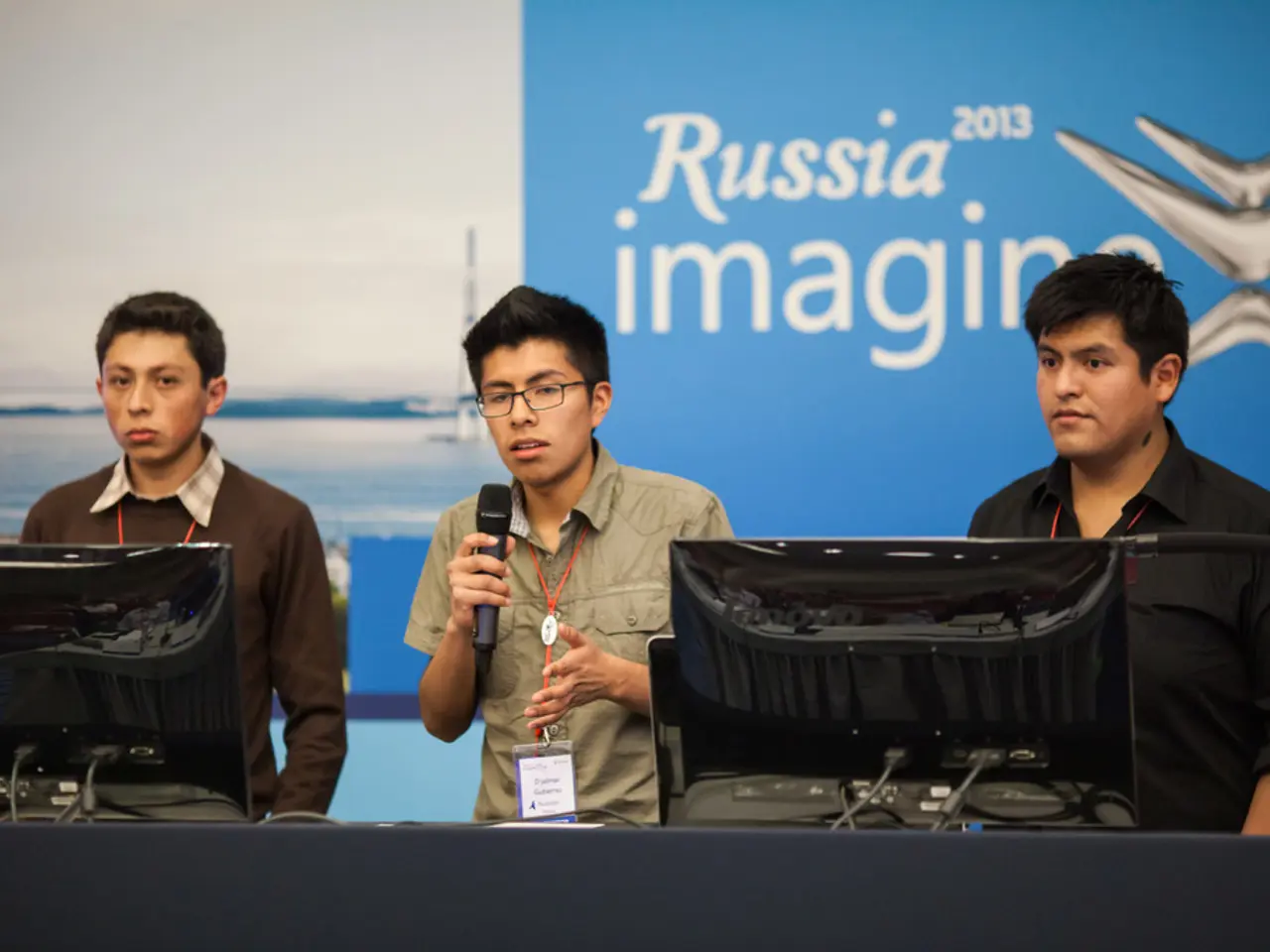Russia Sets Up Separate Financial Accounts for Investors from Antagonistic States
Russian President Vladimir Putin has signed a decree that establishes special investment accounts, known as "I" type accounts, for foreign investors in the Russian economy. These accounts are designed to facilitate foreign investment within a regulated framework while addressing the sanctions and restrictions imposed in 2022 and 2023.
The "I" type accounts come with specific restrictions and rules to control the flow and usage of invested funds within Russia. One of the key restrictions is that funds in these accounts are subject to limitations on transfer and use, with the creditor only able to claim the use of paid funds according to regulations set by the Central Bank of Russia or the Ministry of Finance.
The funds deposited into these accounts are restricted to specific uses such as payment of taxes and statutory fees within Russia, acquisition of Russian sovereign debt, and transfers to other special bank accounts designated under the same regime. Crucially, these rules prohibit the transfer of such funds abroad, preventing foreign investors from freely moving their invested capital out of Russia.
The Central Bank of Russia and the Ministry of Finance have the power to grant exemptions from these restrictions. They may permit cash distributions for certain purposes such as settling debts, lease obligations, or paying dividends, but only under strict regulatory oversight.
This account regime is part of broader Russian measures since 2022 aimed at limiting the outflow of capital by foreign entities, especially those from "unfriendly" countries, in response to international sanctions and economic pressures. Payments such as dividends and debt repayments are mandated to be made in rubles into these special accounts, with usage tightly controlled by Russian authorities.
Associated provisions affect foreign buyers of Russian natural gas, where payment must be made in rubles into authorized banks, such as Gazprombank, failing which supplies can be suspended. This illustrates the strict financial environment these accounts operate within.
The use of "I" type accounts is intended to increase transparency and safety of investments, while also tracking investments made through trust managers, both from friendly and unfriendly countries. However, the decree does not clarify how investments made through trust managers from friendly countries will be tracked. Additionally, the decree allows investors from so-called "unfriendly" countries to open these accounts but does not specify which countries are considered "unfriendly."
The new mechanism is expected to expand opportunities for state support of Russian companies and ensure the protection of foreign investors' rights under international sanctions. As of mid-2025, these outcomes and regulations represent the known framework around these accounts based on Russian government policy and Central Bank/Ministry of Finance rules.
I'm not sure about the exact rules for foreign investors from friendly countries, as the decree does not clarify how investments made through trust managers from these countries will be tracked. Despite these accounts being open for investors from so-called "unfriendly" countries, the decree does not specify which countries are considered "unfriendly."




